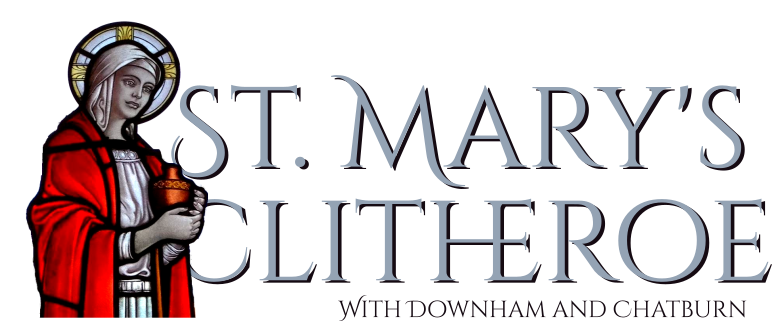Why is it so important to forgive?
Jesus said, “Father, forgive them, for they don’t know what they are doing.” Luke 23:34
What do the world’s greatest thinkers say about forgiveness?
- “The weak can never forgive. Forgiveness is the attribute of the strong.” – Mahatma Gandhi
- All major religious traditions carry basically the same message, that is love, compassion and forgiveness the important thing is they should be part of our daily lives.” – Dalai Lama
- “”If we really want to love we must learn how to forgive.” – Mother Theresa
- “When a deep injury is done to us, we never heal until we forgive.” – Nelson Mandela
- “Forgiveness is not an occasional act; it is a permanent attitude.” – Martin Luther King, Jr.
- “To be a Christian means to forgive the inexcusable because God has forgiven the inexcusable in you.” – C.S. Lewis
- “To err is human; to forgive, divine.” – Alexander Pope
- “To forgive is the highest, most beautiful form of love. In return, you will receive untold peace and happiness.” – Robert Muller
- “When you forgive, you in no way change the past – but you sure do change the future.”
– Bernard Meltzer - “It’s one of the greatest gifts you can give yourself, to forgive. Forgive everybody. ”
– Maya Angelou - “To forgive is to set a prisoner free and discover that the prisoner was you.”
– Lewis B. Smedes
Not one of these quotes makes repentance a condition of forgiveness. Indeed, when Peter asked, “Lord, how many times shall I forgive my brother who sins against me? Up to seven times?” Jesus answered, “I tell you, not just seven times, but seventy seven times”. Here we are presented with a true and very demanding concept of forgiveness because it puts the onus first and foremost on us and not the person who has wronged us. It’s difficult isn’t it? Estrangement will usually have two sides but what about when someone kills a loved one or a despot is responsible for killing many? Luke 23-24 can be a starting point, “…they know not what they do”. How many people really know “what they do”? Despots and extremists believe that what they do is right, psychopaths have no conscience pulling them back, and the seriously mentally ill are not responsible for their actions. In all cases we cannot judge how another person felt or why they behaved as they did. We cannot understand what drives people to do what we believe we would never do. And we are charged with loving them whatever they do, as Jesus does.
Perfect love – the Christ like love we are charged with emulating – does not exist without forgiveness. Unconditional love embraces unconditional forgiveness. To forgive is the perfect enactment of loving neighbour. Conflicts arise from our inability to forgive. With universal forgiveness there would be no wars, only peace. Jesus became Man to show us the way.
Behind our inability to forgive there is always an emotional factor, resentment, anger, hurt. We first have to understand the basis of those emotional reactions, acknowledging the imperfection of them and forgiving ourselves for feeling them. The good fight is not to stop doing, but to stop being what we “are”, that makes us “do”. With no anger, resentment or hurt it is easier to reflect on the human object of our negative emotion and seek to understand and ultimately feel compassion for them. A woman estranged from a close friend said she wasn’t ready to forgive and it took a long time before the hurt and resentment subsided enough for her to make amends. She was unable to acknowledge her pride and weakness as standing in the way of her own peace and the peace of her friend.
Forgiveness is usually tacit, the recipient perhaps never aware of it and forgiveness doesn’t demand blind acceptance of wrong doing. In respecting others we have to respect ourselves too. Even so, forgiveness takes much prayer, reflection and discernment. Acknowledging weakness in ourselves and in other is the route to forgiveness and peace. We have acknowledged and forgiven ourselves only when there is no longer a human target for our negative emotions. And when we can truly accept our own weakness, and the weakness of others, we have at last learned to truly forgive.
Let us pray that:
- We will make allowance for each other’s faults, and forgive anyone who offends us. Remember, the Lord forgave us, so we must forgive others (Colossians 3:13).
- We will first forgive anyone we are holding a grudge against, so that our Father in heaven will forgive our sins, too.” (Mark 11:25).
- We will come to understand and free ourselves of the emotions that make it so hard to forgive
- We will learn to forgive ourselves, and truly come to love ourselves
- In loving ourselves we can see the way to love others and forgive them too.


